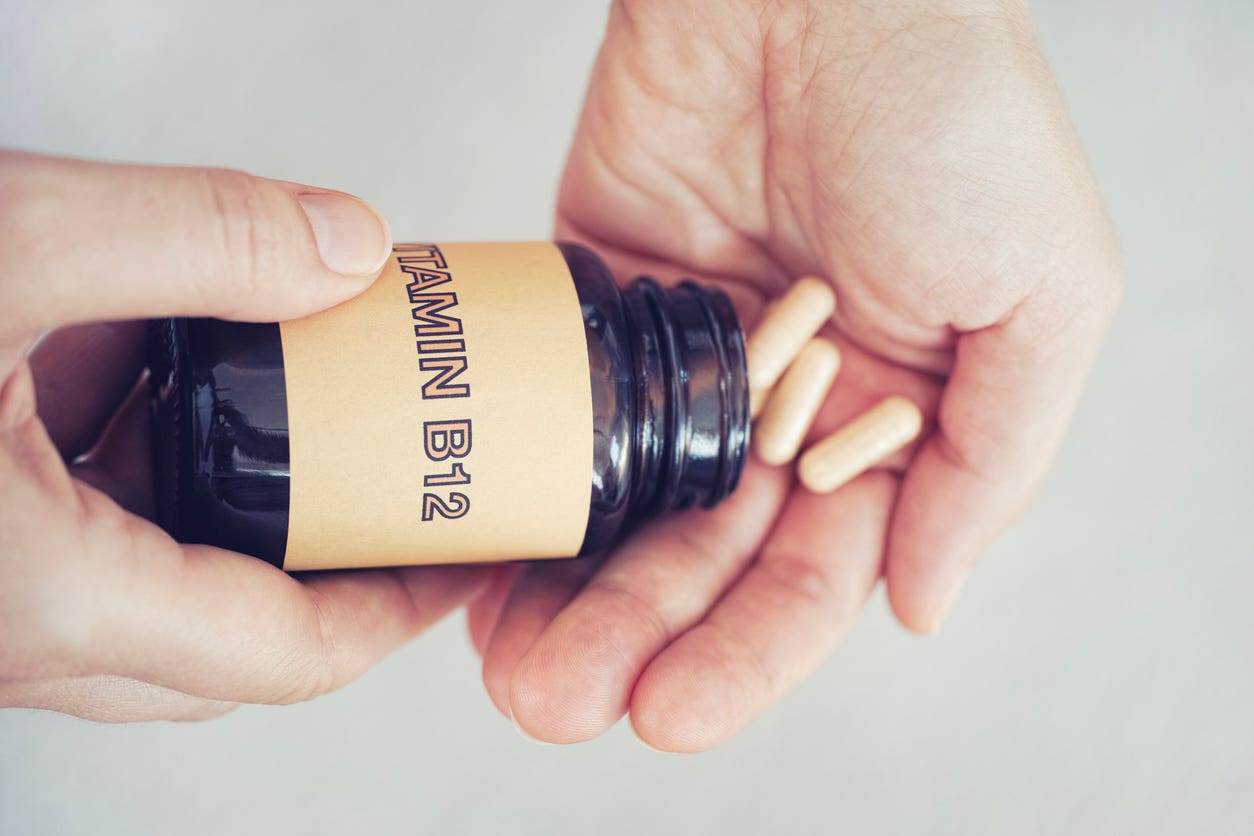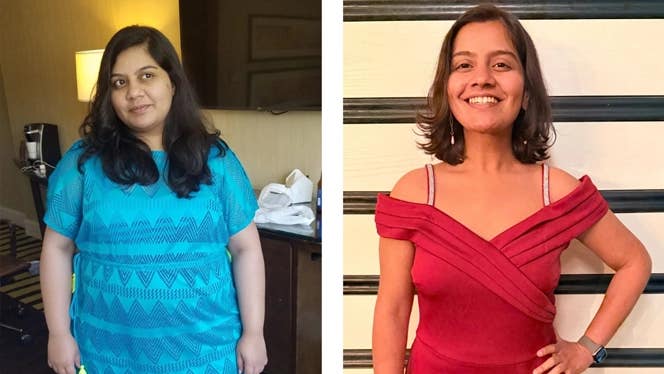
Why Every Vegan and Vegetarian Needs Vitamin B12
By Shivam Joshi, MD,
Last Updated:Eating a plant-based diet is one of the most healthful actions you can take, but it carries the very serious and potentially fatal risk of vitamin B12 deficiency. Although plant-based diets are full of other vitamins and minerals, they are generally devoid of vitamin B12.
Vitamin B12, or cobalamin, is naturally found in animal foods or bacteria. Animals obtain vitamin B12 by eating foods that are covered in bacteria or from the bacteria that already line their own guts. Humans have lots of bacteria in their guts, but only in the colon. Unfortunately, humans are unable to absorb the vitamin B12 produced in the colon because vitamin B12 is only absorbed in the small intestine, which is upstream of the colon.
Primates, indigenous societies, and prehistoric populations never got cobalamin deficiency because they didn’t have the advanced hygiene techniques that we have today, even if they were eating a plant-based diet. Their food had enough vitamin B12–containing bacteria on the surfaces to meet their needs. Humans, unlike other members of the animal kingdom, take great care to clean, wash, and cook their foods, which reduces the vitamin B12 content of any plant foods we may eat.
Risks of Having Vitamin B12 Deficiency
Consequently, vegetarians and vegans run the risk of vitamin B12 deficiency. The risk increases the more plant-based one eats, with long-term vegans being at the highest risk. In one study, vitamin B12 deficiency affected 86 percent of all vegans. Vitamin B12 deficiency is serious and can cause anemia, nerve damage, neurocognitive changes, and, over time, paralysis—all problems that you don’t need.
What Are the Best Vegan Sources of Vitamin B12?
The good news is that vitamin B12 deficiency can easily be prevented. Vitamin B12 can be found in fortified foods, like certain cereals, soy milk, and nutritional yeast. Yet, the simplest and most reliable way to ensure you get an adequate amount of B12 is to take an oral supplement. The usual dose for the average person is 250 micrograms a day or 2,500 micrograms a week. I personally take a daily supplement for consistency, but either option is OK. If you are not sure if you are getting enough or getting too much, you can always see your doctor to get your levels checked.
Carnivorous humans and paleo-enthusiasts may say that taking a supplement is unnatural and that you should eat more meat. However, consuming the amount of saturated fat, trans fat, and cholesterol found in meat is unnatural for humans, who are best suited for a plant-based diet. There is no health reason to eat meat. Given that 1 in 6 meat eaters is also vitamin B12–deficient, they might be wise to take an oral supplement themselves.
To learn more about a whole-food, plant-based diet, visit our Plant-Based Primer. For meal-planning support, check out Forks Meal Planner, FOK’s easy weekly meal-planning tool to keep you on a healthy plant-based path.
This article was originally published on Aug. 31, 2017, and has been updated.
About the Author

About the Author
Shivam Joshi, MD
Join our mailing list
Get free recipes and the latest info on living a happy, healthy plant-based lifestyle.
By providing your email address, you consent to receive newsletter emails from Forks Over Knives. We value your privacy and will keep your email address safe. You may unsubscribe from our emails at any time.
